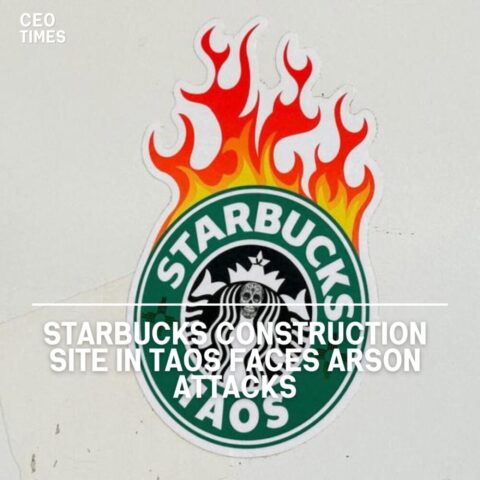U.S. data security software firm Cohesity has announced its agreement to acquire Veritas’ data protection business in a deal valued at $7 billion, as reported by Reuters on Wednesday.
The acquisition, structured with cash and stock, aims to bolster Cohesity’s growth margins and facilitate expansion into international markets.
Strategic Rationale and Growth Prospects:
Cohesity CEO Sanjay Poonen emphasized the strategic significance of the acquisition, highlighting the potential for positive growth margins and international market expansion.
The combined entity is projected to achieve an annual revenue of $1.6 billion, leveraging Cohesity’s fast-paced growth and Veritas’s robust profitability.
Competitive Landscape and Innovation:
Amidst reports of rival Rubrik planning a stock market flotation, Cohesity aims to fortify its position in the data security software market.
Based in San Jose, California, Cohesity specializes in AI-powered software solutions that protect and manage data against cybersecurity threats.
The company is at the forefront of innovation, collaborating with leading tech companies to integrate generative AI capabilities for efficient data retrieval.
Financial Backing and Deal Structure:
Cohesity secured approximately $1 billion in equity and $2 billion in debt financing from investors, including Haveli Investments, Premji Invest, and Madrona, to facilitate the acquisition.
The deal values Veritas’ data protection business at over $3 billion, encompassing debt obligations. Private equity firm Carlyle Group, majority owner of Veritas, will retain its stake in the merged entity and join the board.
Timeline and Business Segmentation:
The transaction is expected to close by the end of the year. Following the acquisition, Veritas will establish a separate entity comprising its remaining businesses, focusing on data compliance and backup services.
Cohesity boasts an impressive roster of clients, including prominent companies such as Salesforce, Delta Air Lines, Nasdaq, and Broadcom. While Cohesity explored an initial public offering (IPO) in late 2021, market conditions led the company to defer its listing plans.




















